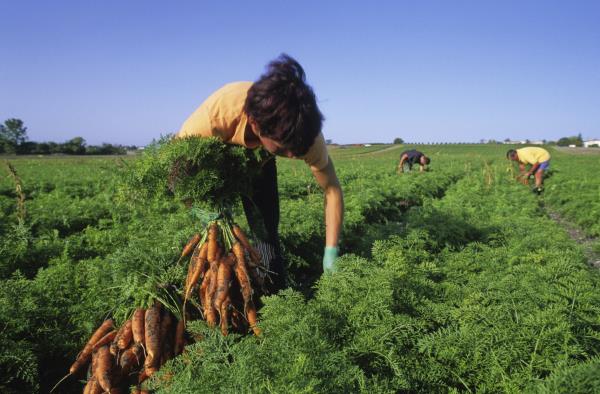- To establish a statutory Director of Labour Market Enforcement, who will set priorities for the relevant enforcement bodies (HMRC National Minimum Wage team, GLA, Employment Agencies Standards Inspectorate) across the spectrum of non-compliance
- To create a new offence of aggravated breach of labour market legislation
- To increase intelligence and data sharing between the existing enforcement bodies and also other bodies to strengthen the targeting of enforcement’ and
- To widen the remit, strengthen the powers and change the name of the Gangmasters Licensing Authority to enable it to tackle serious exploitation.
In the Government response to the consultation, published in January 2016, it was announced the Director of Labour Market Enforcement role would be created to bring together the work of existing enforcement agencies to provide a more joined up approach in their work. The Director will produce an annual labour market enforcement strategy and set priorities for the enforcement bodies across the whole of the labour market and across the whole spectrum of non-compliance.
The document also reveals that the remit of the GLA will be extended and will be transformed into the Gangmasters and Labour Abuse Authority. Its mission will now be to prevent, detect and investigate worker exploitation across all sectors of the economy. The reformed GLA will be given police style powers to help tackle exploitation. The current licensing regime, used in the agriculture, horticulture, shellfish gathering and fresh food and processing and packing sectors, will be retained but Government will legislate to reform the current regime to ensure it is flexible enough to respond to changing risks in existing or new labour sectors, if the evidence supports its use.
The NFU response to the consultation made clear that we would like to see the GLA expand its very narrow focus from tackling exploitation in the agricultural sector to adopting a wider role to help prevent and tackle serious worker exploitation across a range of sectors. We therefore welcome a wider role for the GLA to help prevent and tackle labour market exploitation across the economy. Our consultation response also outlined that the same risk and evidence base approach should be applied to every sector in determining whether they should be included as part of a reformed licensing regime, with concern that if the licensing regime is left as it currently standards, agriculture will continue to be singled out as a high risk sector. We now need to see further clarity on how changes to the licensing regime will evolve going forward. There is also the need for further detail on how Government will resource and fund the new authority to help it to tackle exploitation across the labour market.
